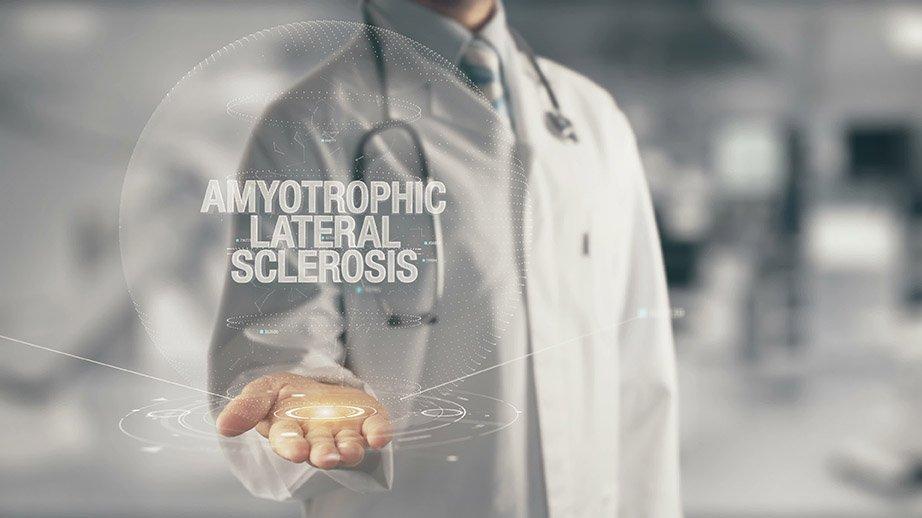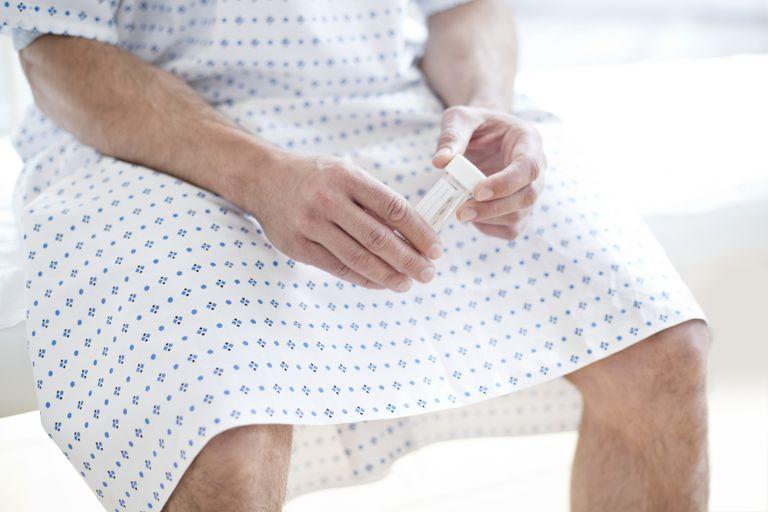Male Urinary Incontinence
How can you manage incontinence while in cancer treatment?
Certain kinds of cancer, such as prostate, and cancer treatments like radiation, surgery and chemotherapy increase the risk of incontinence. Managing incontinence while in cancer treatment can feel daunting. It can be helpful to keep some perspective. Can you manage incontinence while in cancer treatment? The vast majority of men will regain full control of…
Read MoreHow Can Having ALS Affect Incontinence and What Are the Treatment Options?
ALS (amyotrophic lateral sclerosis), also called Lou Gehrig’s disease is a condition in which motor neurons in the brain and spinal cord start to die. So, how can having ALS affect incontinence? As the motor neurons die, signals that direct things like movement and bladder control no longer communicate. In this instance the condition is…
Read MoreIs Incontinence Forever?
Is incontinence forever? Although there is no one size fits all answer to the question of permanent incontinence, it is safe to say that in most cases it is not forever. The duration and treatment of incontinence depends on the type and cause. In many cases, once the underlying issue is addressed, symptoms of incontinence…
Read MoreWhat are the Best Types of Clothing To Wear With Incontinence?
Living with incontinence can impact your life in ways you may not realize at first. Knowing what to expect and planning ahead can reduce frustration and stress. The type of clothing to wear with incontinence is one example. Ideally, you want to wear clothing that makes your life easier. Your clothing choices might be guided…
Read MoreWhat Types of Things or Situations Make Incontinence Worse?
One way to manage incontinence symptoms is to understand what kinds of things make it worse. Here are some things that make incontinence worse to look out for: Certain medications Check labels and talk with your doctor if you notice that any medications you are taking worsen incontinence. Common culprits include antidepressants, high blood pressure…
Read MoreWhat solutions are available for incontinence caused by cancer?
Incontinence care after cancer has advanced significantly in recent years. Your doctor can help you understand options and after discussing your treatment goals, help you decide what is right for you. Here are just a few of the available choices. Behavioral changes Living with incontinence can be frustrating. Although a lot of men find that…
Read MoreWhat can I use to manage my incontinence after leaving the hospital?
Incontinence after surgery and radiation is common and manageable. The problem is caused by changes in the bladder, sphincter, and valves involved with controlling the release of urine. Many men find that incontinence is resolved or improved within 6 to 12 months. These tips can help with incontinence management. Be proactive Perhaps the most important…
Read MoreHow is urinary incontinence diagnosed? Understanding your diagnosis.
Urinary incontinence or the involuntary release of urine is a common problem. Causes include prostate health, injury, neurological problems, infections, and traumatic injury. Urinary incontinence diagnosis The first step for finding strategies for living vibrantly with incontinence is talking with your doctor. Here’s what you can expect during your visit. Prepare for your visit Your…
Read MoreHow can I talk to my doctor about incontinence?
Sometimes, admitting to yourself that incontinence might be a problem is hard. Having to say it out loud, even to your doctor can feel nearly impossible. Here’s why you should talk to a doctor about incontinence, and how…read on. Help is available Incontinence is surprisingly common. Still, men don’t want to talk about it. Unwillingness…
Read MoreWhy do I still have stress incontinence after prostate cancer?
Problems with the prostate are a common cause of incontinence. It can be disappointing to learn after you address cancer with surgery or radiation, that incontinence is still a concern. It can be helpful to know you aren’t alone and that your experience is normal. Many men continue to deal with incontinence after prostate cancer,…
Read More









